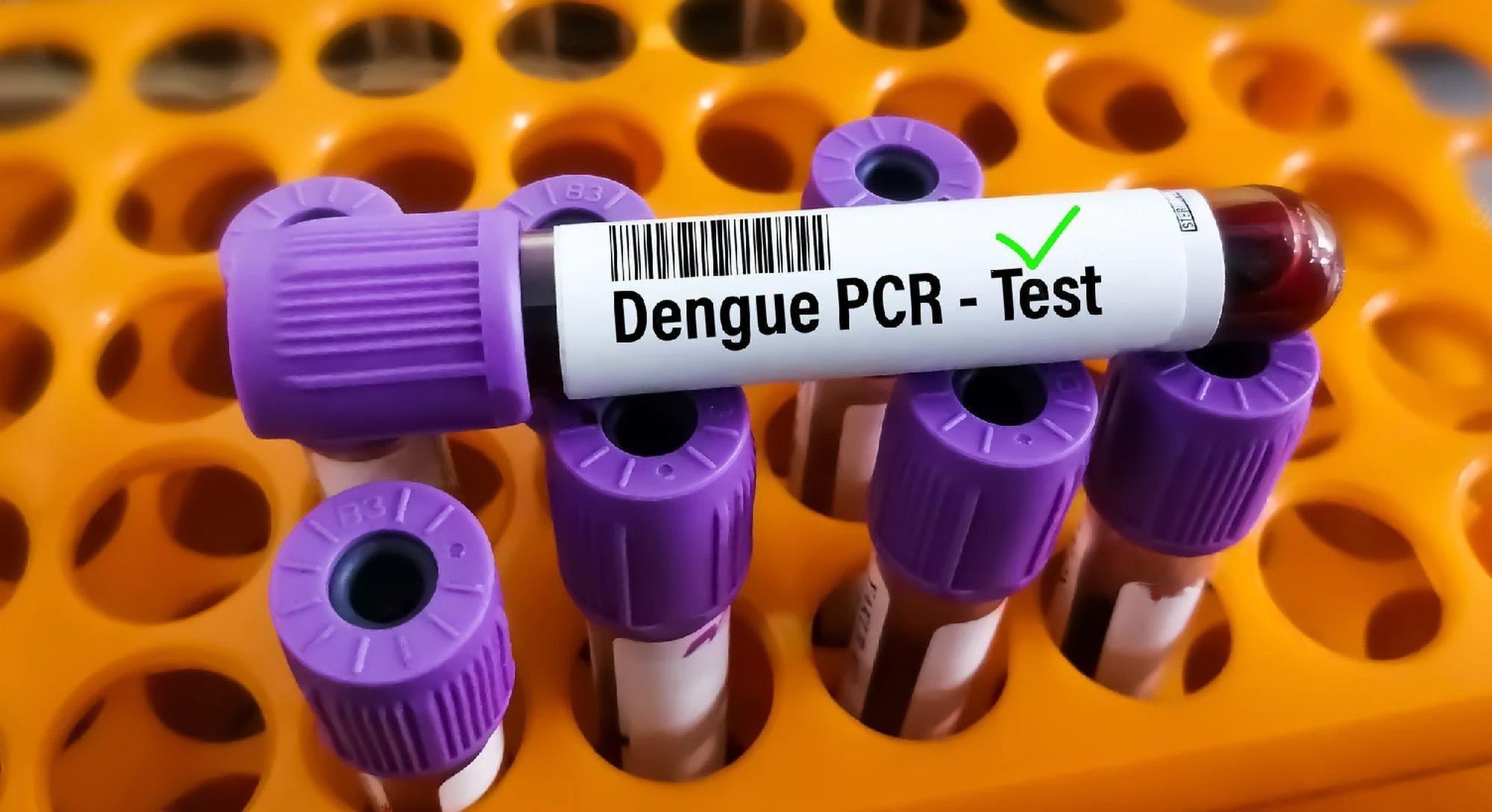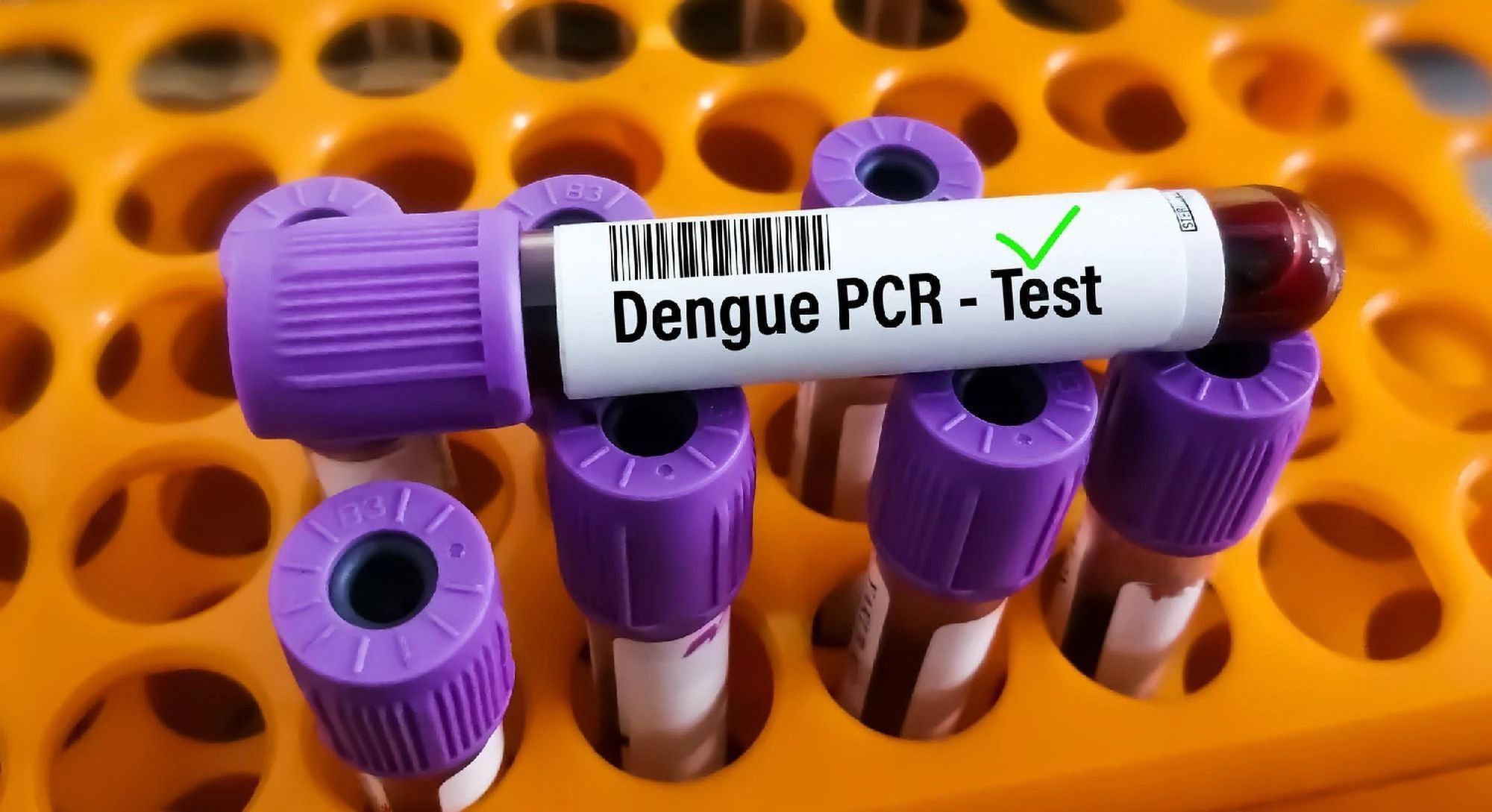PESHAWAR: As Temperature Fall, Dengue Virus Fever Cases have Begun to Decrease in the Province. However, Experts are Concerned that Infections Would Increase if no Immediate Action is Made to Eradicate Larvae in Hotspot Union Councils.
According to a report from the Integrated Disease Surveillance and Response System at the Directorate-General Health Services Khyber Pakhtunkhwa, one person passed away from the dengue virus cases on Monday, bringing the province’s total death toll to 15. This is despite a drop in dengue cases due to the drop in temperature.
According to the report, the province had 223 new diagnoses of the dengue virus. It also stated that 1,736 hospitalizations among the 16,847 dengue cases reported in the province overall. In the province, there are now 1,369 active cases.
Dengue virus was endemic in Khyber Pakhtunkhwa, according to public health specialists. It typically began in March and peaked in the middle of October. Due to the weather, no new cases reported in Swat or Dir. Due to the congested atmosphere and rather a warm climate, Peshawar continued to record additional instances, with 182 being documented in the last 24 hours, they noted.
According to Cases Experts
Rain would almost completely wipe out dengue virus cases infection this year. They claimed that infections in 2012 broke the previous high set in 2017 when the illness claimed the lives of approximately 70 people and hospitalized more than 16,000.
The sole disease carrier, the mosquito, must be reduced in production, hence the government must concentrate on this. We have to get rid of the larva and reduce the mosquito population,” they claimed.
Due to the disease’s low mortality rate and low level of public knowledge about its causes, a doctor in a high-risk area claimed that people were unconcerned about dengue.
According to the Dengue Virus Action Plan (DAP)
The government must remove standing water, inspect homes, and perform spraying and fogging to target larvae, however, there is a shortage of skilled personnel to carry out these tasks.
“Untrained employees sent us a report about no larva in the field. Entomologists and knowledgeable employees have provided positive reports. To deal with the problem on a long-term basis, we need committed professionals trained in Punjabi culture, he said.
He claimed that due to a lack of staff, particularly female workers who could visit homes and educate females about water storage and larva removal, surveillance was not at the necessary level. He continued, “The lady health professionals who are deployed in Covid-19 and vaccination are weary from the load of work.
According to a doctor at one of the teaching hospitals, because dengue virus fever occurs year, many people are aware of it. He said that people could manage it on their own without seeing a doctor.
He said, “But it also murdered people in their houses, and such deaths went undetected.”
In order to stop the illnesses recorded by the province this year, the health department asks the government to begin efforts to diminish the disease’s source. It is feasible thanks to a decline in mosquito populations.
According to Officials
More mosquitoes will result in more bites and diseases. They said, “Once the quantity of the transmitters is reduced, the cases of the ailment will drop.”
They claimed that in order to eradicate the larva, collaboration amongst the 19 line departments was essential as per the Dengue Action Plan.
Due to the presence of larvae in homes and in the community, the health service has classified 18 high-risk union councils, 25 medium-risk, and 175 low-risk areas for dengue virus fever. To get rid of the larva, a multi-sectoral strategy is required.
The scenario and the best course of action to address breeding spaces and successfully prevent dengue in the coming year will be explained to Chief Secretary Dr. Shahzad Khan Bangash, who is also the chairman of the DAP, according to officials.
They claimed that the health department was able to purchase larvicides, bed nets, and insecticides to combat the sickness spread by mosquitoes thanks to a special funding of Rs170 million that was authorized by the chief secretary.





